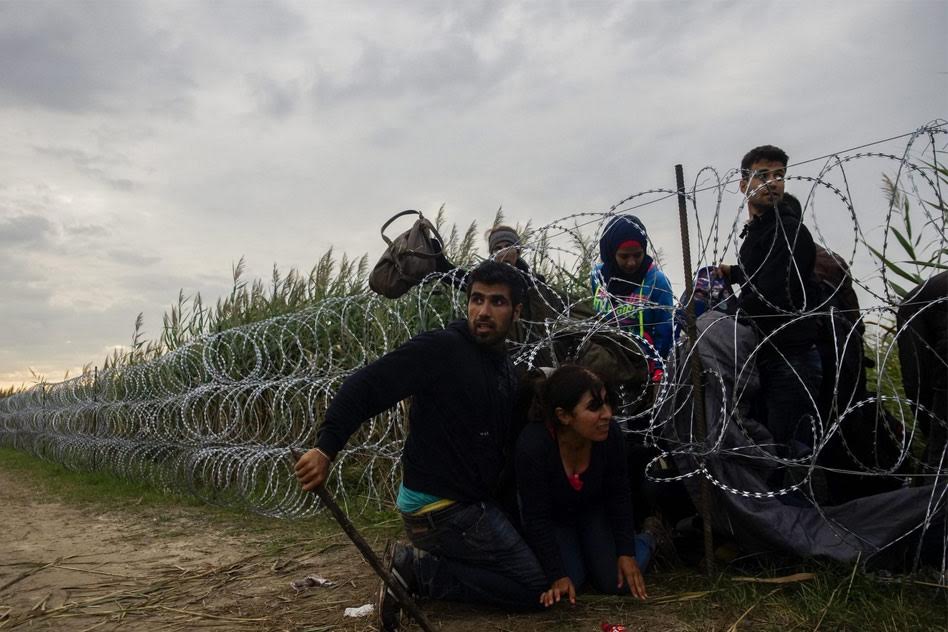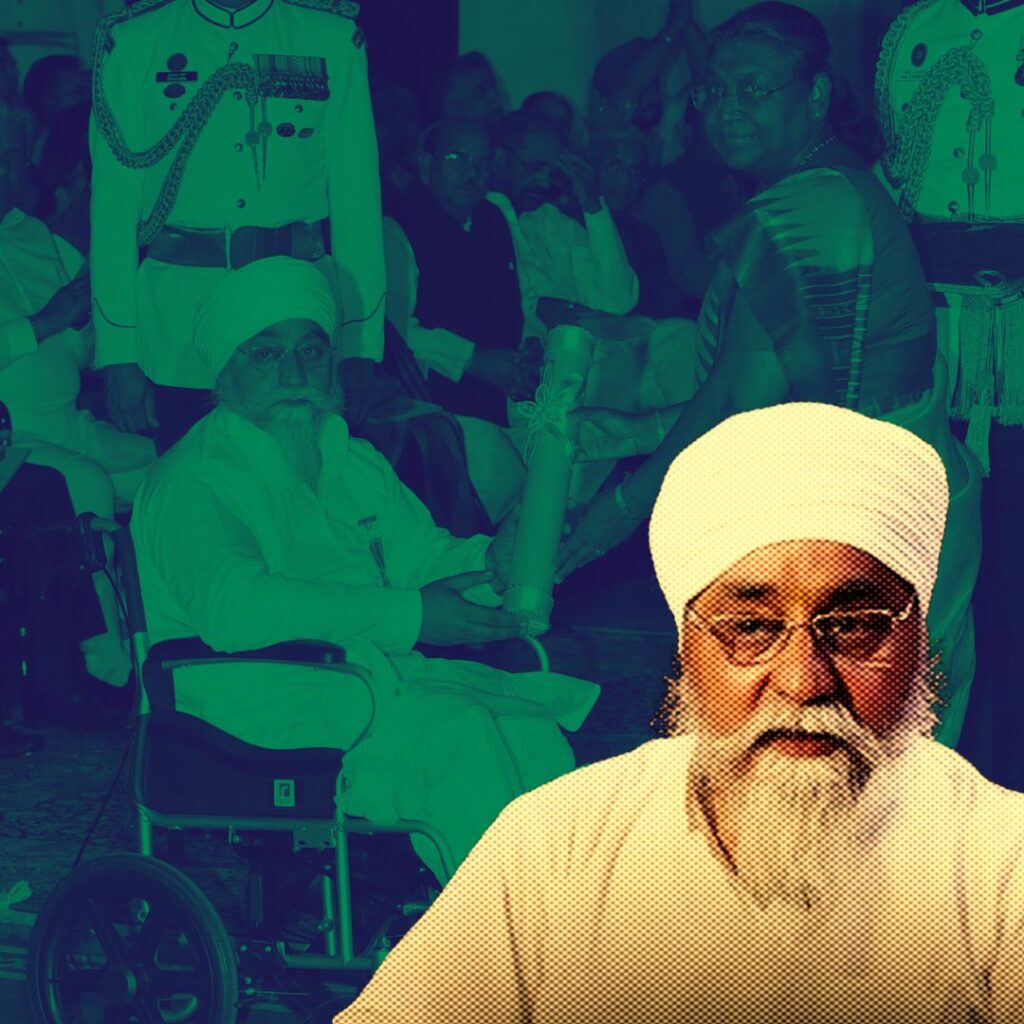Image Source: trbimg
The Mediterranean Sea is no stranger to refugees making dangerous journeys to European shores. However, the influx of refugees has sharply increased in the past few months due to worsening situations in Syria, Iraq, Somalia, Kosovo and Afghanistan. Fleeing from persecution, 350,000 refugees entered European Union borders since January 2015 alone. This number does not include the many that go undetected or fail to complete the journey.
In most cases, escape from the regions of conflict is as dangerous as remaining in the region. Traffickers and pillagers infest the escape routes and kidnappings, rapes and abductions are common. There is also the crippling financial burden and natural obstacles. More than 2,600 refugees have drowned in the Mediterranean Sea this year alone.
Refugees don’t normally opt for Gulf states closer to home owing to high costs and restrictions imposed on them. Most refugees take the route through the Western Balkans or the Eastern Mediterranean route. Greece, Italy and Spain are the major receiving points. Germany has received the highest number of applications for asylum while Hungary has taken in more refugees than any other European country.
The tragedies and hardships faced by the refugees cannot be explained in words. Earlier this week, the body of a 3-year-old boy, Aylan Kurdi, was found washed up on the shores of a town in Turkey. He was one of the Syrians who drowned trying to reach Greek shores. The photo of his body swept up on the beach went viral on social media, prompting many to question how Europe would handle what has become the biggest migration crisis in living memory.
For years, the European Union has struggled to harmonize its asylum policies – a monumental task as it is comprised of 28 countries. However, passionate championship of refugees’ rights is not widespread due to a stagnant economy, dissimilar policies and rising unemployment among Europeans. This has led to steadily increasing anti-immigration sentiments. Tensions are rising as extremist nationalist groups are spreading propaganda and unrest among the population, attacking refugees and instilling fear among the locals. The Hungarian Prime Minister, for example, warned, “Europe is in the grip of madness … the influx of Muslim refugees poses a threat to Europe’s Christian identity.”
We are facing the worst humanitarian crisis of our time. Syria is an example of how religious extremism can wreck havoc on innocents. The UN estimates that there could be 4.27 million Syrian refugees by the end of 2015 – one of the worst exoduses in history.
We must sympathize with the thousands of men, women and children who are fleeing destruction, and we must also understand that European nations face several problems when trying to relocate and rehabilitate refugees. Striking the perfect chord between positive politics and humanitarian help will be a titanic challenge, but a challenge of infinite importance. Whatever be our opinion or nationality, we must not forget that innocent people’s lives are hanging in the balance.










